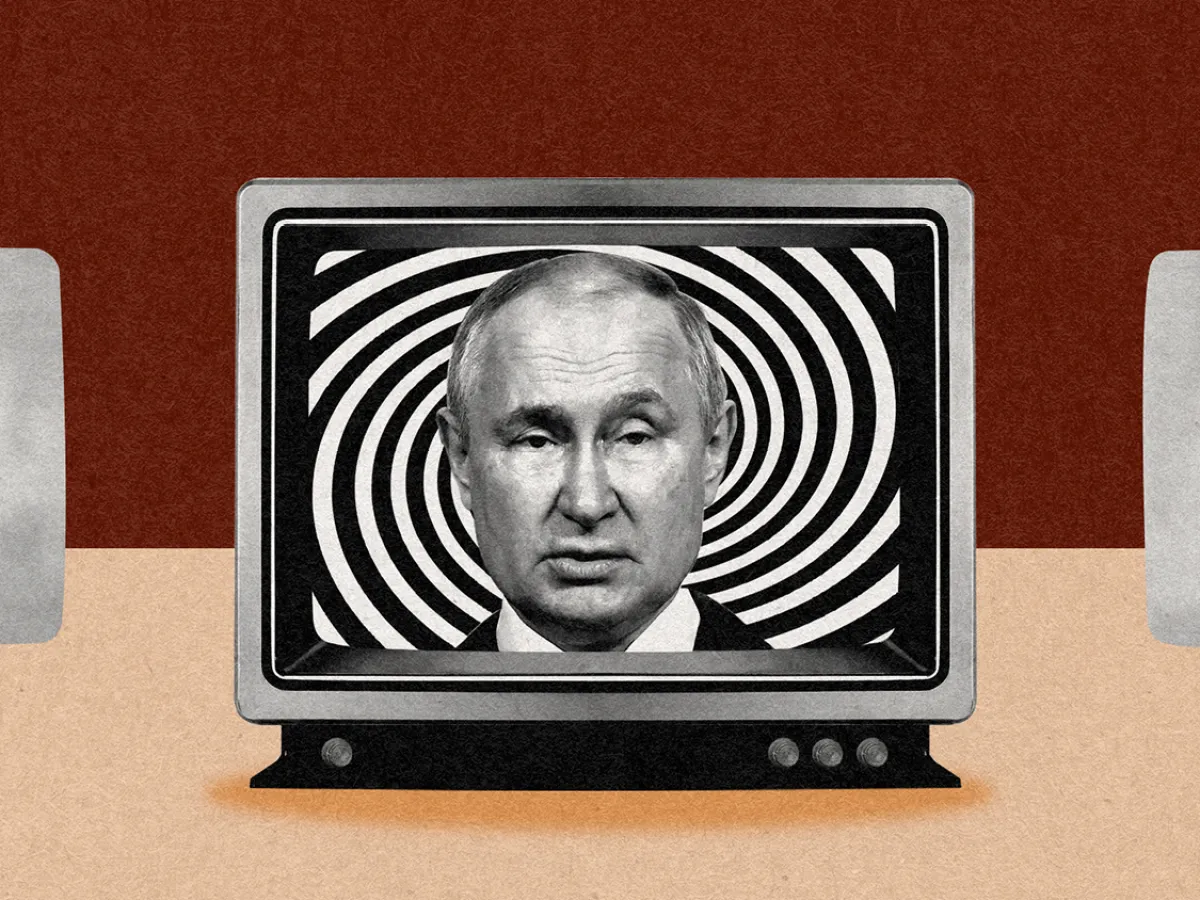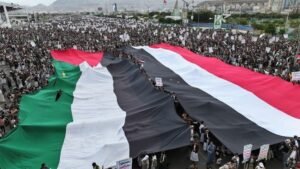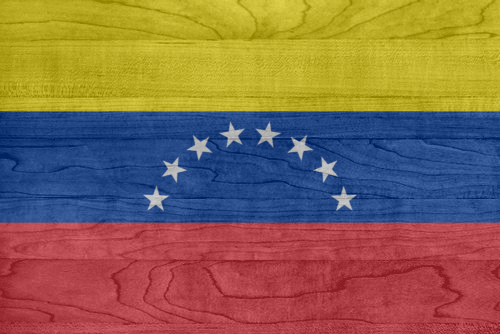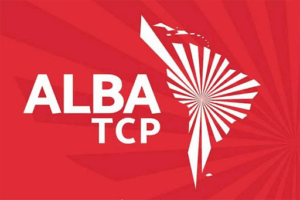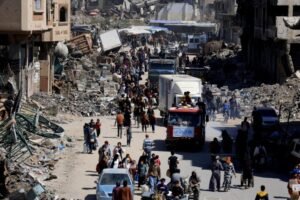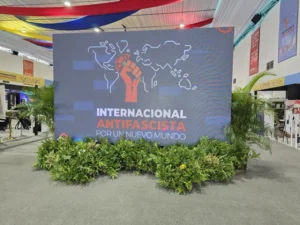Yerevan distances itself from Kremlin amid escalating tensions and crackdown on pro-Russian influence
YEREVAN, July 1 — Armenia has taken a significant step in distancing itself from Moscow, as parliamentary speaker Alen Simonyan on Monday called for a formal review of Russian television broadcasting in the country, labelling it “toxic” and “subversive.” His statement came amid a broader political rift with the Kremlin, fuelled by rising domestic mistrust of Russian influence and arrests of pro-Russian figures.
Simonyan’s comments followed the arrest of Russian-Armenian billionaire Samvel Karapetyan, who was accused by Armenian authorities of inciting unrest and plotting to overthrow the government. The speaker accused Russian broadcasters of inciting social tension and undermining Armenia’s sovereignty, referring to them as “degenerates and monkeys” spreading Kremlin propaganda.
The proposed ban would sever Russian channels from the Armenian broadcast package — a symbolic and operational break from decades of tight information integration.
Kremlin influence wanes as Armenia asserts independence
Despite the Kremlin’s insistence that Armenia remains a “close country” with millions of ethnic Armenians holding Russian citizenship, Yerevan’s recent actions paint a different picture. From cancelling joint military drills to suspending participation in the Moscow-led Collective Security Treaty Organization (CSTO), Armenian officials have made it increasingly clear that Russia is no longer seen as a reliable security guarantor.
The growing divergence was further underscored by Simonyan’s backing of Prime Minister Nikol Pashinyan’s claim that certain figures in Armenia may be acting on behalf of foreign intelligence services, posing a national security threat. Simonyan framed the crackdown as a protective measure, not an ideological pivot, yet the implications signal a sharp recalibration of Armenia’s strategic priorities.
Karapetyan, in turn, has denied the charges and claimed persecution for defending the Armenian Apostolic Church — an institution recently criticized by Pashinyan’s administration.
Media, diplomacy and cultural fallout
The clampdown on Russian influence extends beyond politics into media and culture. Programming by Kremlin-aligned hosts like Vladimir Solovyov has already been blocked, while Russian cultural events have been cancelled and business ties disrupted.
This represents not just a policy shift, but a deliberate signaling that Yerevan is shedding the optics of post-Soviet loyalty. Armenian media outlets have adopted a more assertively anti-Kremlin narrative, reflecting both domestic political consolidation and a broader strategic shift away from Russian alignment.
Moscow, long accustomed to framing Armenia as within its sphere of influence, now faces the challenge of recalibrating its Caucasus policy amid eroding credibility. The dual movement of Armenia and Azerbaijan toward alternative geopolitical partnerships has forced Russia into a reactive posture.
End of an era in the South Caucasus
The rupture traces back to the aftermath of the Second Karabakh War, when Armenia began publicly questioning the value of Russian security guarantees. Since then, the government has moved consistently away from Moscow-led frameworks, seeking to redefine its alliances and security strategy.
Armenia’s distancing is not only a bilateral rupture — it mirrors a broader regional pattern. Across the post-Soviet space, former allies are asserting autonomy and rejecting Russian tutelage, challenging the inertia of Russia’s foreign policy apparatus.
Whether the Kremlin can regain its footing in the Caucasus now depends on its willingness to acknowledge a shifting geopolitical reality and adapt accordingly — a task made harder by the growing perception that Moscow has lost its strategic grip on what it once called its “near abroad.”
